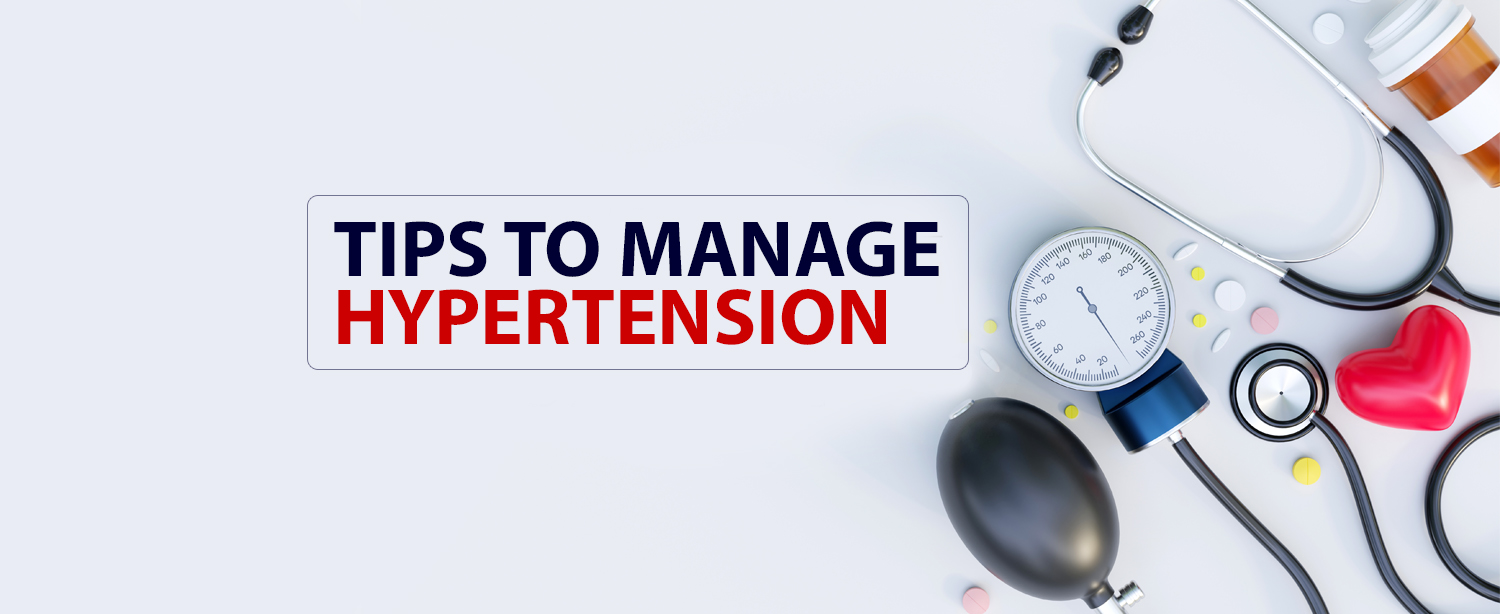Hypertension, or high blood pressure, is a common but serious condition that affects millions of people worldwide. If left unmanaged, it can lead to severe health complications such as heart disease, stroke, and kidney failure. For patients and their families, understanding how to manage hypertension is crucial to maintaining a healthy lifestyle and preventing these risks.1 in 4 Indians suffer from hypertension. However, more than 90% of adults with hypertension in India remain either undiagnosed or untreated.
Understanding Hypertension
High blood pressure is when the force of blood pushing against the walls of your arteries is consistently too high. This can strain your heart and blood vessels, increasing the risk of heart attacks and strokes. Blood pressure is measured in millimeters of mercury (mm Hg) and recorded with two numbers: systolic pressure (the pressure when your heart beats) over diastolic pressure (the pressure when your heart is at rest). The new guidelines define high blood pressure for all adults as 130/80 millimeters of mercury (mm Hg) or higher. Here are some helpful tips to manage hypertension:
Lifestyle Modifications
Everyday lifestyle changes can help make a huge difference in controlling your blood pressure levels.
- Healthy Diet
One of the most effective ways to manage hypertension is through a balanced diet. The DASH (Dietary Approaches to Stop Hypertension) diet is specifically designed to help reduce blood pressure. It emphasizes fruits, vegetables, whole grains, lean proteins, and low-fat dairy products while reducing sodium, red meat, and added sugars. - Reduce Sodium Intake
Aim to consume no more than 2,300 milligrams (mg) of sodium per day, ideally reducing it to 1,500 mg for better blood pressure control. Avoid processed and packaged foods. - Physical Activity
Regular physical activity can help lower blood pressure and improve heart health. Aim for at least 150 minutes of moderate-intensity exercise, such as brisk walking, swimming, cycling, each week and practice strength training. - Maintain a Healthy Weight
Being overweight can increase your risk of hypertension. Focus on a balanced diet and regular exercise to achieve and maintain a healthy weight. - Limit Alcohol Intake
Excess alcohol intake can raise your blood pressure. It is best to say no to alcohol for a healthy lifestyle and to help control hypertension. - Quit Smoking
Smoking increases blood pressure and damages your heart and blood vessels. Quitting smoking can improve your overall heart health and reduce your risk of hypertension-related complications.
Chronic stress can contribute to high blood pressure. Finding healthy ways to manage stress is essential in managing hypertension.
- Relaxation Techniques
Practices such as deep breathing, meditation, and yoga can help reduce stress levels. Regularly practicing these techniques can lead to long-term reductions in blood pressure. - Adequate Sleep
Poor sleep can negatively impact your blood pressure. Aim for 7-9 hours of quality sleep each night. Establish a regular sleep schedule, create a restful environment, and avoid caffeine and electronics before bedtime. - Mindfulness and Therapy
Mindfulness practices, such as mindful breathing and progressive muscle relaxation, can help you stay calm. If stress is overwhelming, consider seeking help from a therapist or counselor.
Medication Management
For many people, lifestyle changes may not be sufficient to control hypertension and medications may be required. Here is what you must do:
- Follow your Doctor’s Prescriptions
It’s crucial to take your medication exactly as prescribed by your doctor. Do not missany doses or discontinue medications. - Get Regular Health Checkups
Regular visits to your doctor are essential for monitoring your blood pressure and adjusting medications as needed. Keep a log of your blood pressure readings and share them with your doctor during your appointments. - Know your Medications
Learn about the medications you’re taking, including potential side effects and interactions with other drugs. This knowledge will help you manage your treatment more effectively.
Managing hypertension requires a comprehensive approach that includes lifestyle changes, stress management, medication adherence, and support from loved ones. By following these tips and working closely with your doctor you can effectively manage your blood pressure and reduce the risk of complications. Remember, the key to controlling hypertension lies in consistency and making informed, healthy choices every day.


